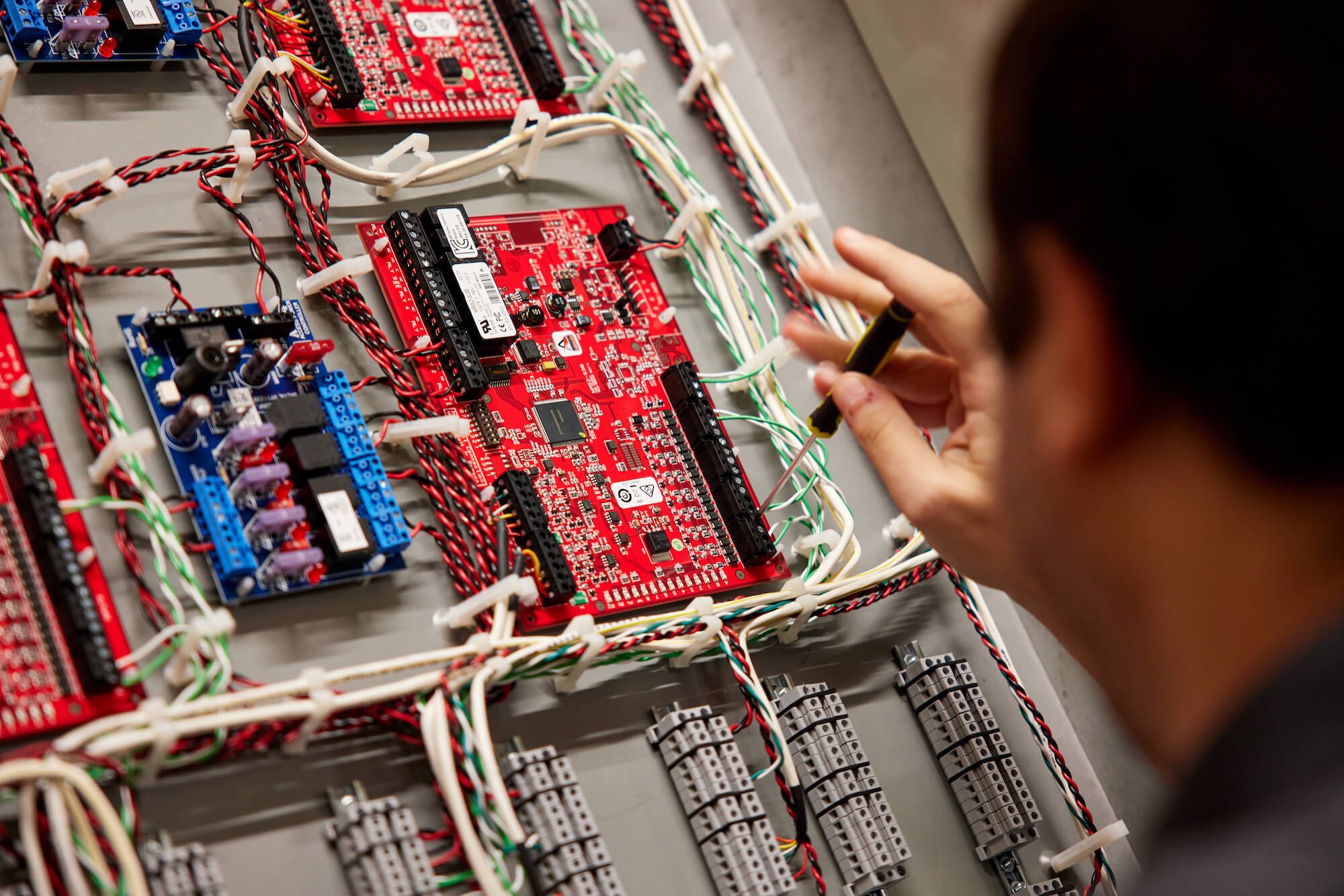Services We Provide
Safeguard your business today and tomorrow with a partner who is committed to your success and never far away. As one of the leading security alarm companies and integrators, we offer an extensive range of commercial security services to enhance and preserve your organization's safety.
24/7 Customer Service
With security, the response can make all the difference. Get swift, attentive, and helpful support day and night.
Alarm Systems & Monitoring
Awareness and response are key in an emergency. Minimize endangerment to your people and property with quality security solutions from a premium provider.
Intrusion Detection Systems
Fire Alarm Systems & Inspections
24/7 Security Monitoring
Video Verification
Infant Monitoring
Personal Panic & Lone Worker
Security Consulting
It’s hard to know which actions to take to elevate safety and efficiency. Push beyond simple maintenance with a partner who can drive strategic and proactive improvements resulting in real-life returns on investment.
Thrive Partnerships
Risk & Threat Assessments
Vulnerability Reports
Process & Procedure Documentation
Training & Drills
Data Reporting & Analysis
Technology Planning & Installation
Some vendors install and walk away without considering your immediate security needs or potential long-term requirements. Plan ahead with personalized and scalable solutions that will preserve your investment for the long haul.
Technology Design & Security System Installation
System Audits & Service Agreements
Software Protection
Cyber Hardening
Predictive Health Maintenance
Technology Utilization Assessments
Technology Vulnerability Reports
System Optimization
Long-Term Budget Planning
Data & Integrations
Investing in more technology isn’t always the answer. Use your data to identify gaps, then build on what you have for more efficient, cost-effective protection with the best long-term results.
Data Analysis
Report Generation
System Integrations
System Health
Don’t let your technology or procedures fall short. Ongoing monitoring, support, and proactive improvements drive the highest impact of prevention and response and preserve business continuity.
Thrive Partnership
Predictive Health Maintenance
Technology Vulnerability Reports
Explore What We Do
Problems We Solve
You want to protect what matters. Get straightforward solutions to your most complex issues.
Industries We Serve
Our solutions are versatile and allow us to serve diverse industries with excellence.
Products We Support
We don’t sell or install products we wouldn’t use ourselves. These are the products we can stand behind.







